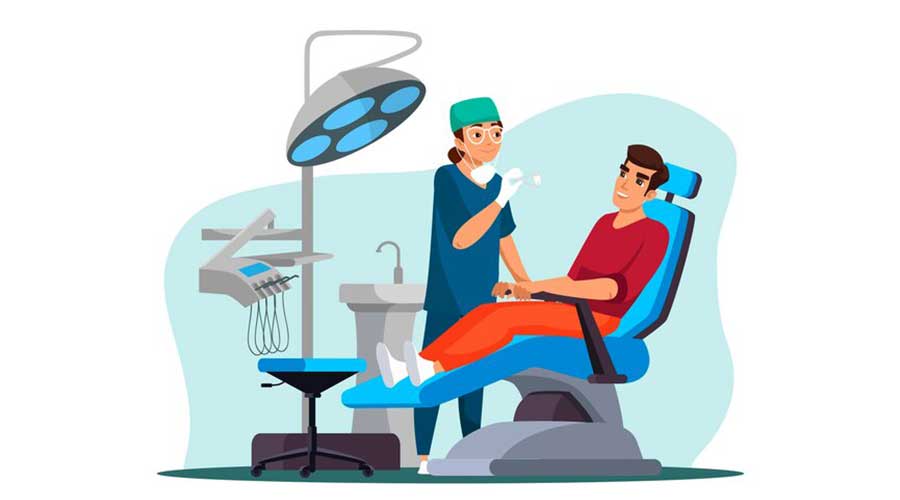ASK A PHYSICAL THERAPIST
- 20 Apr - 26 Apr, 2024

Experiencing bad breath is a common part of life, but if you’re noticing constant bad breath, otherwise known as halitosis, your oral-care routine might need a refresh. Dentist say these three common causes may be the culprit.
About 85 per cent of bad breath cases come from the mouth itself. An observation made about oral hygiene in the Western world is that there is not enough emphasis places on having a clean tongue.
The solution
While many countries go back hundreds of years using tongue scrapers as part of their oral hygiene routine, we are just now catching on. Brushing and flossing daily to maintain a healthy smile, and therefore clean breath is very important, but most of the bacteria that induces bad breath stems from our tongues. Using a tongue scraper is just as important as brushing and flossing in maintaining good oral health as well as fresh breath.
The presence of gram negative rods and spirochetes act as a main catalyst for halitosis. This means that there is bacteria in the mouth that are resistant to multiple drugs and most antibiotics, so they’re hard to kill off. “This bacteria, which lives underneath the gum tissues, produce a gas and tastes like trash.
The solution
Dentists have the tools needed to get rid of most of this bacteria. An easy remedy for halitosis is to visit your local dentist to have the bacteria professionally removed. Brushing with toothpaste and rinsing with a mouthwash also help to reduce the presence of bad breath.
More and more of our patients have been complaining about halitosis, and we’re putting a lot of the blame on face masks. The most recent factor of concern, which is unfortunately related to the recent Covid phase, is the expected increased incidence of bad breath. This is due to increased mask use, which, in turn, increases hypoxia, a lack of oxygen that boosts bacterial production and compromises salivary flow, causing dry mouth and therefore bad breath.
The solution
Because ditching the mask is not an option given our current climate, additional oral hygiene steps must be followed. Increased oral-care frequency, adjunct rinses and dental treatments will be needed. Fresh breath is also co-dependent on other comorbidities, like gastric and stomach issues, lack of an easily-absorbed diet and medications, which contribute to their own side effects.
COMMENTS